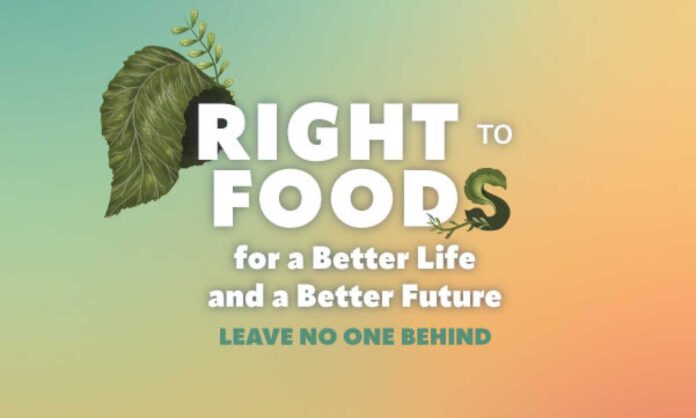As the world marks World Food Day 2024, the focus is on the critical need for smarter social protection systems to combat hunger and malnutrition. In Namibia, for instance, the government and its partners, including the Food and Agriculture Organization (FAO), are intensifying efforts to ensure no one is left behind in the fight against hunger.
Omaheke governor Pijoo Nganate, speaking on behalf of Minister of Agriculture Calle Schlettwein, highlighted the immense challenges posed by recurring droughts and global economic instability. These factors have exacerbated food shortages, affecting nearly 48% of Namibia’s population, or over 1.26 million people, from October 2024 to March 2025.
The Namibian government has implemented various social protection programs such as the Food Bank, School Feeding Program, and Water, Sanitation, and Hygiene (WASH) initiatives. These programs are part of the Harambee Prosperity Plan II and aim to address not only hunger but also the broader issue of malnutrition, which disproportionately affects vulnerable populations.
Dr Qingyun Diao, the FAO’s representative in Namibia, emphasized the global context where 730 million people face hunger and over 2.8 billion cannot afford a healthy diet. In Namibia, this translates into malnutrition, stunting in children, and an increase in non-communicable diseases like diabetes. The FAO has launched initiatives to transform Namibia’s agrifood systems, promoting climate-smart agricultural practices and supporting smallholder farmers and vulnerable households.
In India, similar challenges are being addressed through the strengthening of the Public Distribution System (PDS). The government is expanding the PDS to include a wider variety of nutritious foods beyond cereals, such as pulses, millets, and fortified foods. Technology-driven solutions like biometric authentication and GPS tracking are being implemented to reduce leakages and improve targeting. The “One Nation, One Ration Card” scheme is also being accelerated to ensure food access for migrant workers.
Global initiatives by the FAO underscore the need for collective action. FAO’s Director General, Dr QU Dongyu, stressed that while the world produces enough food, 733 million people still face hunger due to man-made and natural disasters, inequalities, and economic downturns. The FAO is working to rebuild agricultural infrastructure, support school feeding programs, and promote climate-smart agriculture to ensure long-term food security.
The integration of technology, such as precision farming, genetic engineering, and smart irrigation systems, is also seen as crucial for fostering a sustainable future and addressing food security. Educational programs focused on nutrition, sustainable farming practices, and business skills are empowering communities to make informed decisions that enhance food security systems.

